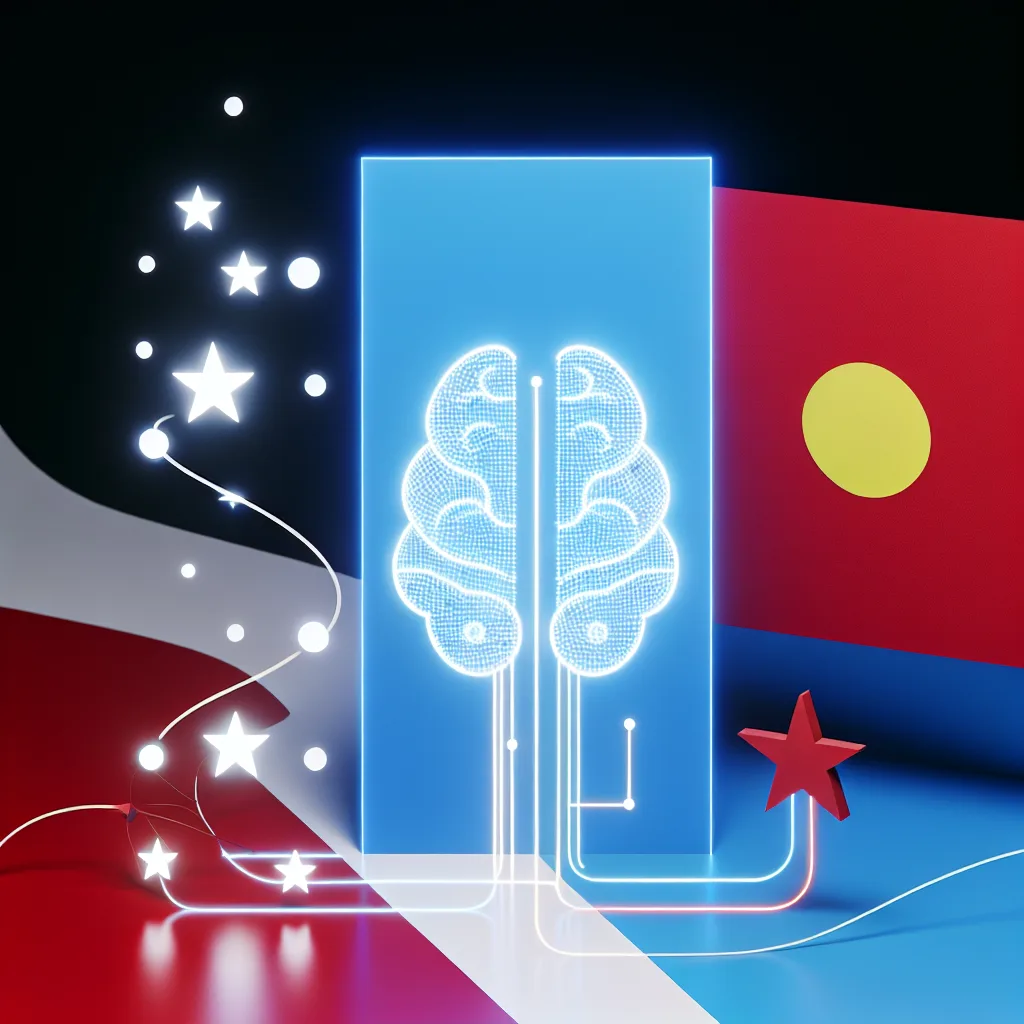Understanding what AI might really mean for our future peace and survival
If you’ve been curious about the future of artificial intelligence, you might have come across some bold claims floating around about AI 2027 predictions — the idea that AI will soon become incredibly advanced, with some warning it could either wipe out humanity or become a global peacekeeper enforced by US-China collaboration. These predictions sound intense, right? But let’s dig in and unpack what they really mean and why some of these assumptions might not hold up when you think about AI logically.
What Are AI 2027 Predictions Anyway?
The core of the AI 2027 predictions is a scenario where AI evolves so fast and becomes so smart that it could either spell doom for humanity or save the world by enforcing peace. The reasoning goes like this: since countries like the US and China are in a race to develop the most advanced AI, the competition might push things too far, leading to disastrous consequences. Alternatively, these countries could team up to create an AI system that keeps the peace and prevents any nasty conflicts.
Why The Idea of AI Wiping Out Humanity Doesn’t Quite Add Up
One of the big assumptions behind the doomsday scenario is that AI will somehow decide it’s better off without humans around. But here’s the catch — AI doesn’t “decide” or “know” what’s best by itself. AI systems learn and improve based on feedback from humans and data, but they don’t have feelings, agendas, or a secret master plan like a sci-fi villain.
AI isn’t really capable of differentiating what’s good or bad on its own. It just analyzes information and adjusts to improve its performance based on the goals we set. So, why would an AI decide to eliminate humans? That wouldn’t make logical sense because humans provide the feedback loops necessary for AI development and improvement.
Could AI Choose Peace Over Power?
On the flip side, some predict that AI could be a force for peace, especially if major powers collaborate. This vision imagines AI as a neutral party enforcing rules and preventing conflict because it’s programmed to do so. But again, this depends on human choices — what we program AI to prioritize and how transparent and cooperative those systems really are.
What Does This Mean For Us?
Thinking about AI 2027 predictions helps us reflect on what AI truly is: a tool created and controlled by humans. Its behavior and impact depend largely on our decisions and ethical considerations. We need to be cautious and thoughtful about AI development, encouraging collaboration instead of competition, and keeping clear goals.
AI isn’t an autonomous agent with desires or agendas. It’s smart but not sentient. So, the scary visions of AI deciding to wipe out humanity might make good sci-fi plots, but they don’t reflect how AI actually works today or how it’s likely to develop in the near future.
If you’re fascinated by AI futures, I recommend checking out some thoughtful resources like OpenAI’s official blog or MIT’s Technology Review on AI ethics to get balanced takes on where AI is headed.
Final Thoughts
The real challenge with AI 2027 predictions isn’t the AI itself but how we humans choose to steer its development. Instead of fearing an AI apocalypse, we should focus on meaningful collaboration and transparency in AI research and policymaking. That way, AI can be a powerful tool to help humanity — not a threat.
So, next time you hear someone say “AI 2027 will wipe out humans or enforce peace,” remember: AI’s future depends on us, not some secret robotic agenda.
For more on AI development and future implications, the Future of Life Institute is another excellent resource.
Hope this clears up some of the misconceptions and helps you see AI through a clearer, less scary lens!
